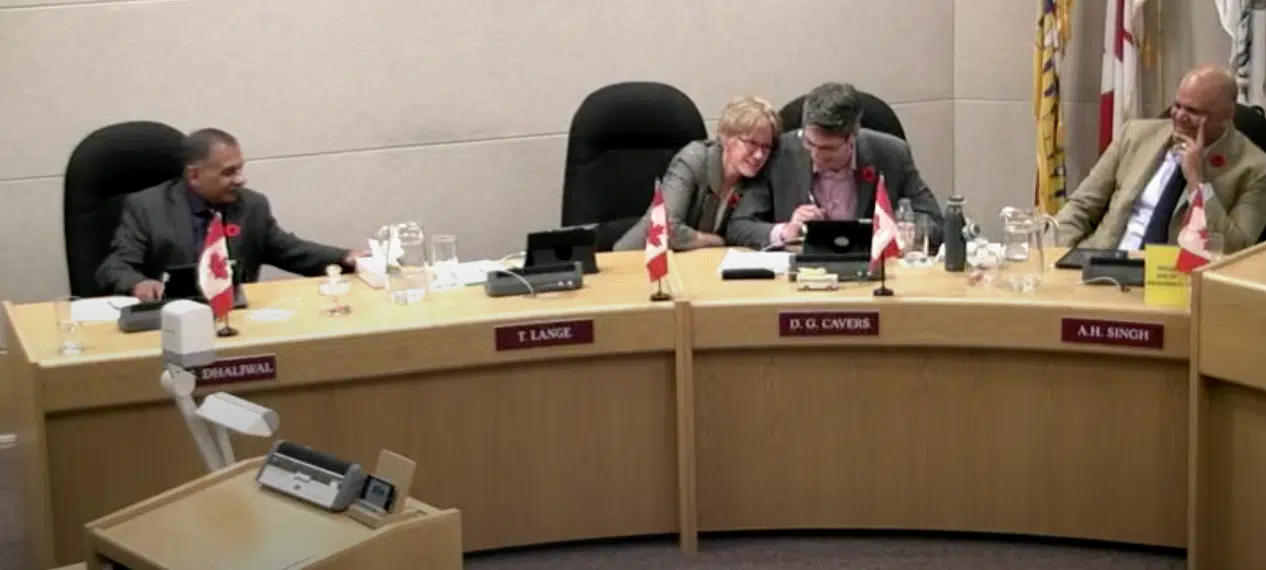
When politicians cry, it doesn’t mean they’re crybabies
POLITICIANS DON’T CRY, do they?
Well, yes they do. It was quite the tear fest during the final meeting of the outgoing Kamloops City council this week. I don’t recall seeing anything like it before — usually, departing politicians give a brief farewell and go quietly into the night.
This one was different. Several members of council were in their very last meeting, for their time had expired, and they were sad.
Some people think politicians who cry are weak; they think it’s sappy. They even question their sincerity; they say politicians who shed tears can’t be trusted. But there was nothing weak or insincere about what happened at the council meeting. I found it touching.


